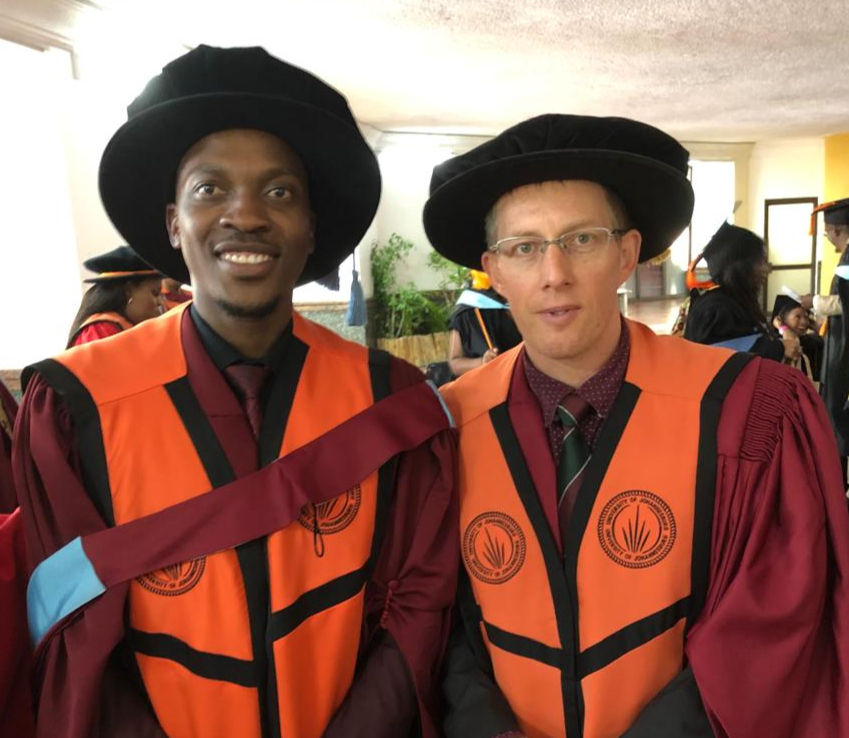Leprosy - an unseen epidemic
- Andrew Hartnack
- Jun 25, 2023
- 2 min read
Updated: Aug 8, 2023
In November 2021 myself and Bart Love (from Another Love Productions) collaborated in conducting in-depth research for the Leprosy Mission South Africa on the challenges faced by leprosy sufferers in accessing healthcare. We visited a number of far-flung communities in KwaZulu-Natal, Mpumalanga and the Eastern Cape to understand why this is still an issue. Leprosy is a disease that goes under the radar. Most people assume it is an extinct Biblical disease that no longer occurs. In fact, most doctors and nurses have now lost the ability to recognise the signs of leprosy because they see it so rarely. It does not feature in their training either. This is a great pity because it still occurs, particularly in the provinces we visited.
Yet when a patient presents bearing the tell-tale skin lesions and other signs, they often get sent away with skin cream, rather than immediately referred to a dermatologist. Leprosy can be completely cured and, if spotted early enough and treated, sufferers can make a full recovery. Our research found that patients, many of them rural children, do not get diagnosed until they have suffered for five or more years with the affliction. By this time they have often lost feeling in their extremities – leading to all sorts of horrible injuries to their fingers and toes, along with burns. They also suffer clawing of their hands, blindness and hair loss. Most of them drop out of school and of course there is a heavy stigma on families with members who are afflicted. Yet even these individuals are not picked up by the health system. Leprosy spreads slowly, often afflicting several family members.

In this picture, taken during the Covid-19 pandemic, I am interviewing a leprosy survivor in a care facility near Mthatha. Insights from this man and the many other survivors informed our recommendations and the publicity materials later developed by Another Love Productions.
One of our key recommendations was that the health system needs to find ways to ensure that diseases such as leprosy can be quickly and effectively picked up and treated. Doctors and nurses need better training so that they have a high index of suspicion when they see lesions and other signs of the disease. Apart from the fact that untreated leprosy needlessly destroys the lives of those who suffer from it, South Africa can also not afford to be complacent about it either, lest it become a bigger problem.

In Cameroon, the government declared leprosy eradicated in the country by the late 1990s, only for it to bubble under the surface, with no attention to it from the authorities, and re-emerge with hundreds of cases in the 2020s. It is ironic that we conducted our interviews in the Covid-19 pandemic, such an obvious public health emergency, while leprosy does not enjoy the attention it deserves.




Comments